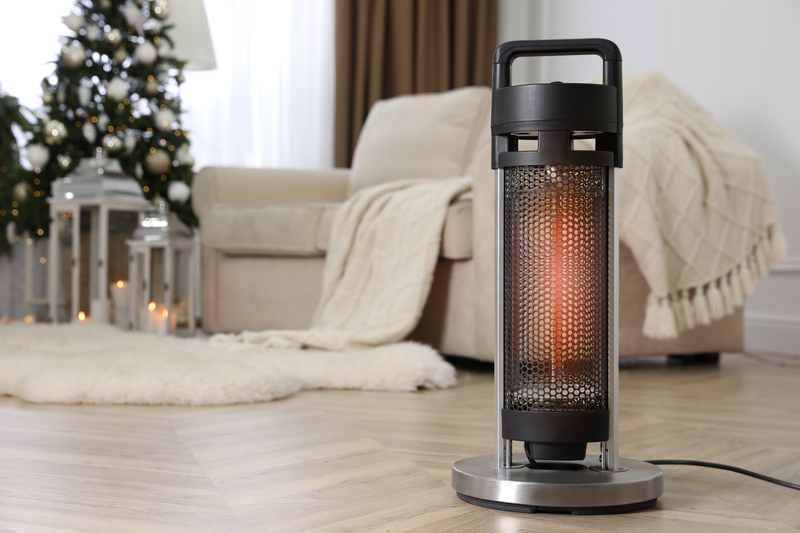This article is our complete guide to help you know what uses the most electricity in a home in 2024! Companies that specialize in home appliances are now creating and selling energy-efficient products. But most of those products are still expensive and require time to save up to purchase them. So knowing what appliances use the most energy in your home now will help you save money on your energy bill.
For a short answer, your heating and cooling system makes up for the most electricity used in the house by far. If you’re wondering what uses most electricity in a house for appliances, it is your washer and dryer. There are many more factors that contribute to high electric bills.
Here at The Energy Professor, we want to give you the information you need to not only, but to also become more energy efficient. We hope find this post helpful and makes it easier for you to know how to set up electricity in apartment. Be sure to also check out our one-of-a-kind energy savings calculator!
The Energy Professor Electricity Rate Check Tool
What Uses the Most Electricity in a Home?
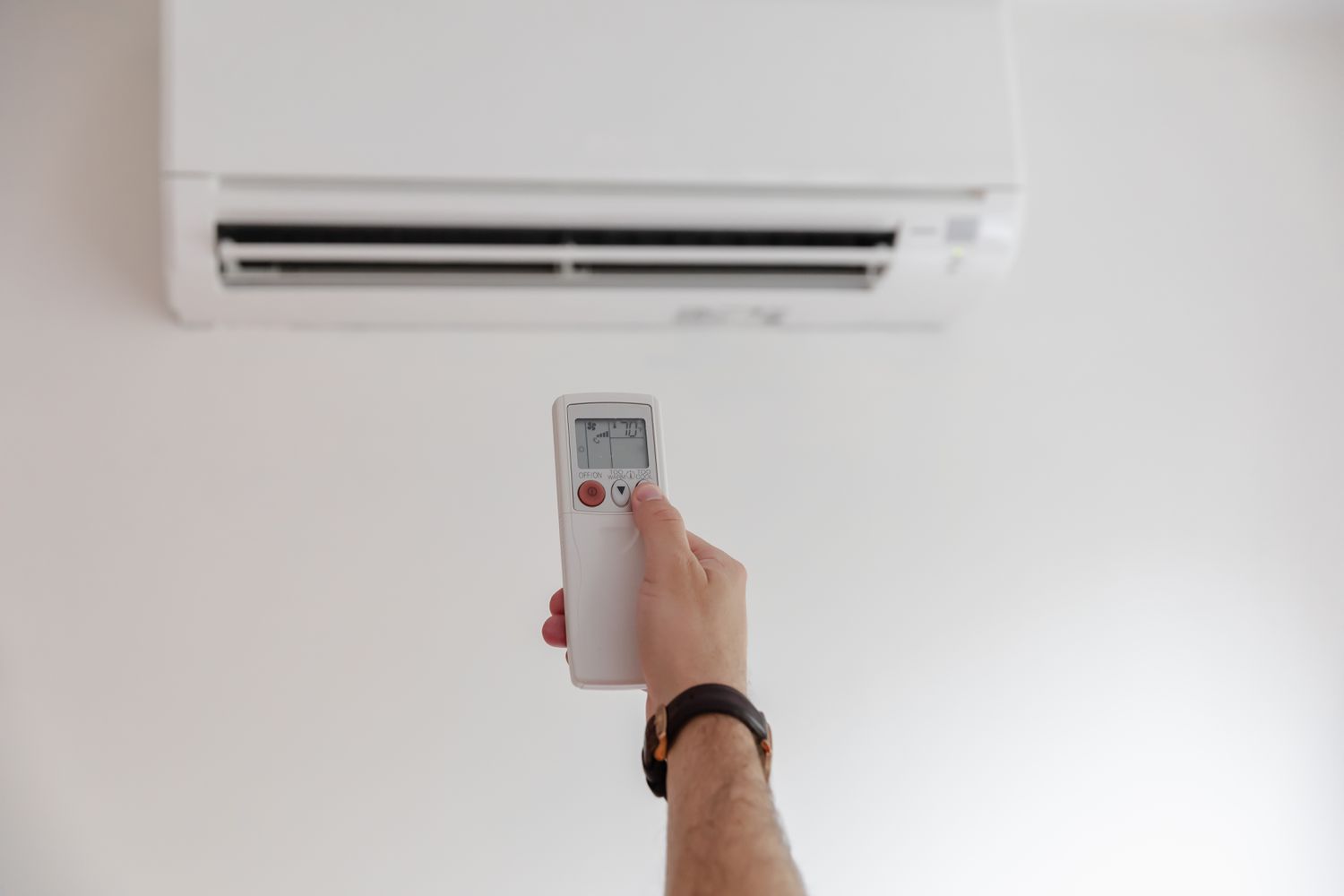
When it comes to budgeting your electric bill, your heating and cooling system will cost you the most. According to the U.S. Department of Energy, heating and cooling systems typically account for about 50% of a home’s energy consumption. This means that half of the total energy bill of a home can be attributed to heating and cooling systems alone.
The exact amount of electricity used by a heating and cooling system can depend on the type of system as well. For example, central air conditioning systems can use anywhere from 3,500 to 5,000 watts of electricity per hour, while a window air conditioner may use around 500 to 1,500 watts per hour. Similarly, electric furnaces can consume between 10,000 and 15,000 watts per hour, while a heat pump can use around 4,000 to 6,000 watts per hour.
The other 50% of electricity bill costs mainly consist of lighting and appliances you use to run your home daily.
Related post: Complete Guide on How to Lower Your Energy Bill : 8 Tricks to Reduce Your Energy Bill
What Appliances Use The Most Electricity 2024?
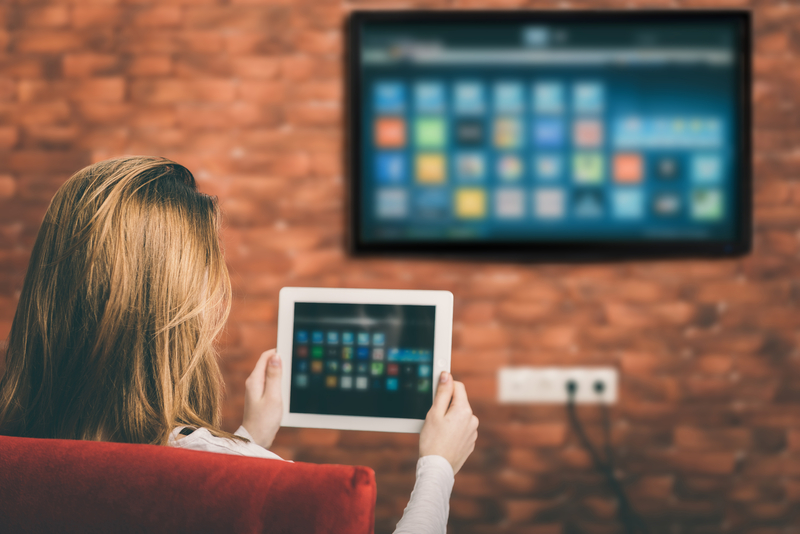
Besides heating and cooling, lighting consists of a major portion of your electricity bill, as well. Your lighting costs about 3x more than what it costs to run your refrigerator, and why we recommend switching to energy saving light bulbs.
Your washer and dryer make up for a large chunk of electricity too. A typical top-loading washing machine can use around 400 to 1,200 watts per hour, while a front-loading washing machine can use 300 to 500 watts per hour. The energy consumption of a dryer can vary widely depending on whether it is electric or gas-powered.
An electric dryer can use between 3,000 and 5,000 watts per hour, while a gas dryer typically uses less energy at around 500 to 1,000 watts per hour.
What uses the most electricity in a home?
- Lighting
- Washer and Dryer
- Refrigeration
Appliances may be getting more energy efficient but to maximize that efficiency you have to use them correctly. Or even think about what appliances you are using and how you can cut costs to make a difference. We will cover all of this below!
Related Post: When is the Best Time to Do Laundry?
Top 5 Energy-Consuming Appliances – What Uses the Most Electricity in a Home
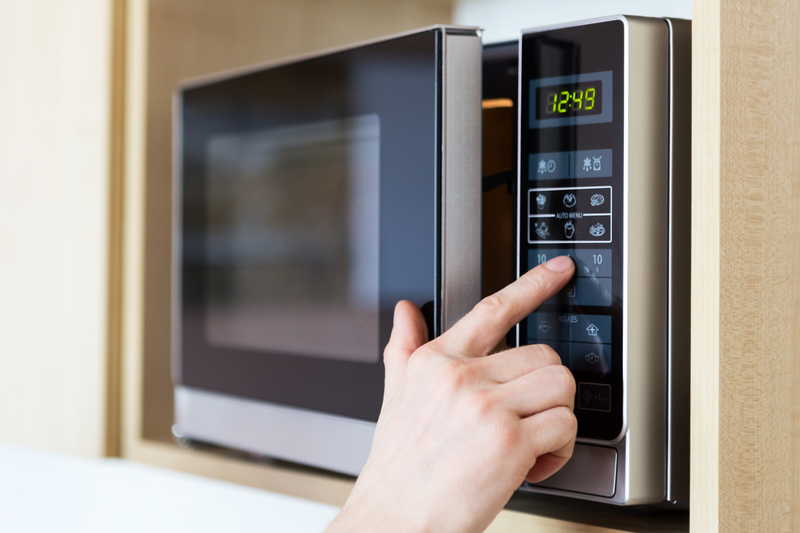
While cooling and heating use a lot of electricity, it isn’t the easiest solution to lowering your energy bill. There are greater results in taking multiple smaller steps toward saving money month to month. We have found that switching out old appliances or using your current appliances more efficiently will reduce your bill quickly. This is compared to trying to lower your heating and cooling costs or other high-priority factors. So what appliances use the most electricity in a household?
Which Appliances Use the Most Electricity?
- Refrigerator
- Washer
- Dryer
- Electric Stove
- Dishwasher
By switching to energy-efficient or properly using what uses electricity, you can start saving on your energy bill! But let’s break it down even more to help you know how much you are spending on each appliance.
Related Post: How Many Watts Does it Take to Run a Refrigerator?
Energy Saving Tips for Appliances
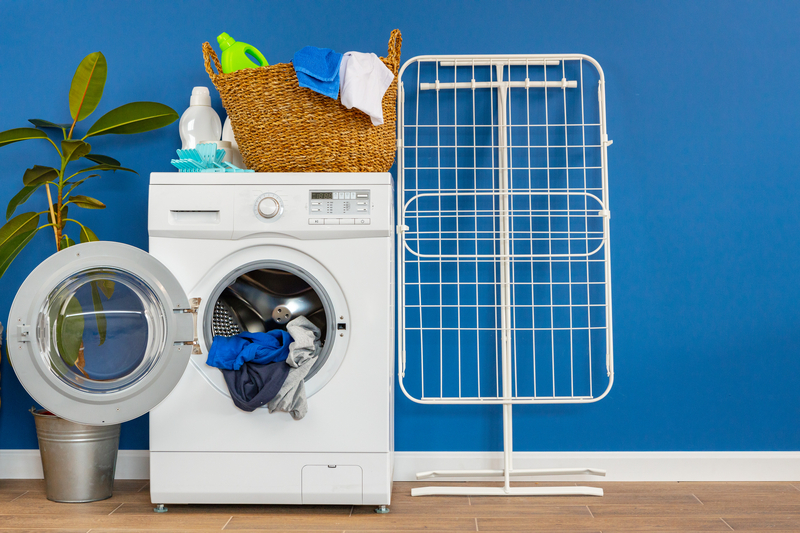
Once you start tackling exactly how much you’re spending on which appliances use the most electricity at home, you can start tracking changes. Our biggest savings recommendation is to switch out you old appliances to newer, more energy-efficient ones. Most homeowners see an average savings of 25% on their energy bill when taking more energy-efficient matters. That’s about an annual savings of $2,200! If changing your appliances isn’t in the cards for you, don’t worry. You can still save on your electricity bill. Below are some of our best tips to save on what uses the most electricity in your house.
Tips for Appliances That Use the Most Energy
Refrigerator:
- Don’t overpack your refrigerator
- Keep the most-used products in easy-to-access areas
- Set your fridge to the manufacturer’s recommended temperature
- Regularly clean behind and underneath the refrigerator to maintain airflow
Washer:
- Wash full loads of laundry
- Use cold water wash cycles
- Avoid overfilling the machine
Dryer:
- Use drying racks when possible
- Hang dry your clothes
- Clean the lint trap after each load
- Don’t overload the machine
Electric Stove:
- Try to use smaller appliances such as a toaster ovens, microwaves, or slow cookers
- Use the oven and stove during cooler hours of the day – Do this to heat your home without using your furnace!
- Avoid preheating your oven unless absolutely necessary
Dishwasher:
- Use only when the washer is full
- Air dry your dishes instead of the heated setting
- Pre-rinse heavily soiled dishes to prevent the need for a second cycle
Related Post: Is a Gas or Electric Dryer Better?
What Uses the Most Electricity in a Home FAQ
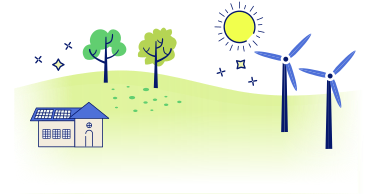
Q: What is Using so Much Electricity in my House?
A: Heating and cooling your home is what consumes the most energy. On average, these two uses will take up about 50% of your total bill. Other major factors are washers, dryers, ovens, and stoves. Computers, gaming systems, and TV’s also take up energy but not as much.
Q: What Costs the Most on Your Electric Bill?
A: The easiest way to narrow down what household appliances use the most electricity, think of things that use heating or cooling factors. Anything that needs to use hot or cold air will take up most of your energy bill. This is because of the amount of energy it takes to cool or heat the air being circulated into your appliance.
Q: Does Unplugging Appliances Save Electricity?
A: Yes! Here at The Energy Professor, we like to call these “Vampire Appliances”. These are appliances that while turned off or powered down, still draw in energy through the outlet they’re plugged into. The most common ones are TV’s, computers, charging cables, or digital devices. Unplugging these items while not in use can save you up to $200 on your annual energy bill!
Do you Need Cheaper Electricity?
If you’ve taken the time to understand the information on your bill and discovered you’re paying more than you’d like for your electricity, have you looked around for a cheaper deal? The Energy Professor has a wealth of information on ways to save on your utilities, including details of top deals that could significantly reduce your monthly or quarterly electricity bills.
We hope you found this article helpful! If you are looking for ways to increase the energy efficiency and sustainability in your home be sure to take a look at all of the latest renewable energy options in your area. The Energy Professor helps residential and small business owners find qualified energy suppliers in New York, New Jersey, Pennsylvania, Texas, Ohio, Maryland, Illinois, and Massachusetts

